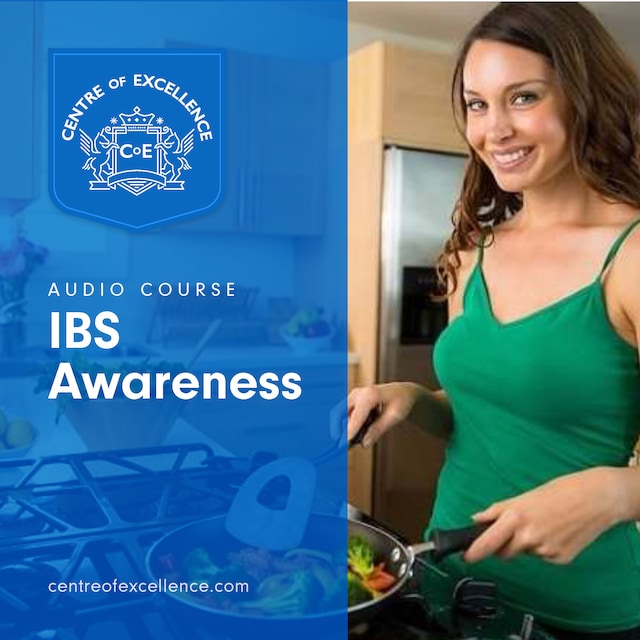
Irritable Bowel Syndrome Awareness
Tietoa kirjasta
What You'll Learn from the Irritable Bowel Syndrome Awareness Course
The Irritable Bowel Syndrome Awareness Course has been created to do away with the taboo and provide open, honest, and frank information regarding the symptoms, causes, diagnosis and management of irritable bowel syndrome.
Unfortunately talking about digestion, and the related functions within our bodies, is often considered taboo, which makes increasing awareness about problems that can occur, such as irritable bowel syndrome (IBS), a hard task. Written for those with some, little or no previous knowledge or experience of IBS this course will help students to understand the condition, making it easier to manage your own condition or help other to manage theirs.
Please note, however, that this course is designed to provide information and awareness only and should not be considered a substitute for professional medical advice, diagnosis or treatment. The Irritable Bowel Syndrome Awareness Course starts with an introduction to the course itself; enabling students to prepare themselves for what they will learn and how the course is structured, along with what is expected of them.
We then give larger overview of IBS: putting it in context, defining it and discussing its prevalence. Starting with this more rounded knowledge of the condition, students will then be able to understand the specifics in the correct context later in the course.
As a functional disorder of the large intestine, to understand IBS, we must first have an understanding of the digestive system as a whole. As the main contributor to the symptoms of IBS, the large intestine and how it can malfunction. Here students will learn about how gut motility, the brain-gut connection, and gut flora, influence the functioning of the gut.
As a syndrome, IBS is made up a number of symptoms that vary in nature, intensity, and duration for each individual. This means as well that two people both suffering with IBS could have symptoms that are totally different to each other, exactly the same, or similar in some ways but not others. The Irritable Bowel Syndrome Awareness Course teaches students about the possible symptoms of IBS, both common and uncommon.
Although some of the physical effects on a sufferer of IBS are better known, though nearly not as much as they could be, what is talked about even less, or overlooked completely, is the potential psychological impact. Students learn about the clinical pathway that suffers of IBS (who reside in the UK) will follow; arming possible IBS patients with a guide to the steps they will follow during diagnosis and treatment.
As there is no specific test for IBS, diagnosis of the condition is based on a patient’s symptoms and the exclusion of other disorders. We describe the criteria medical practitioners expect to be met in order to provide an IBS diagnosis, and the process for this.
Once a diagnosis of IBS has been confirmed, the focus then moves to management, but with such a diverse range of symptoms and causes, treatment differs vastly from person-to-person. The final module of the course describes the extensive range of treatments available that relate to the sufferer’s specific symptoms.


